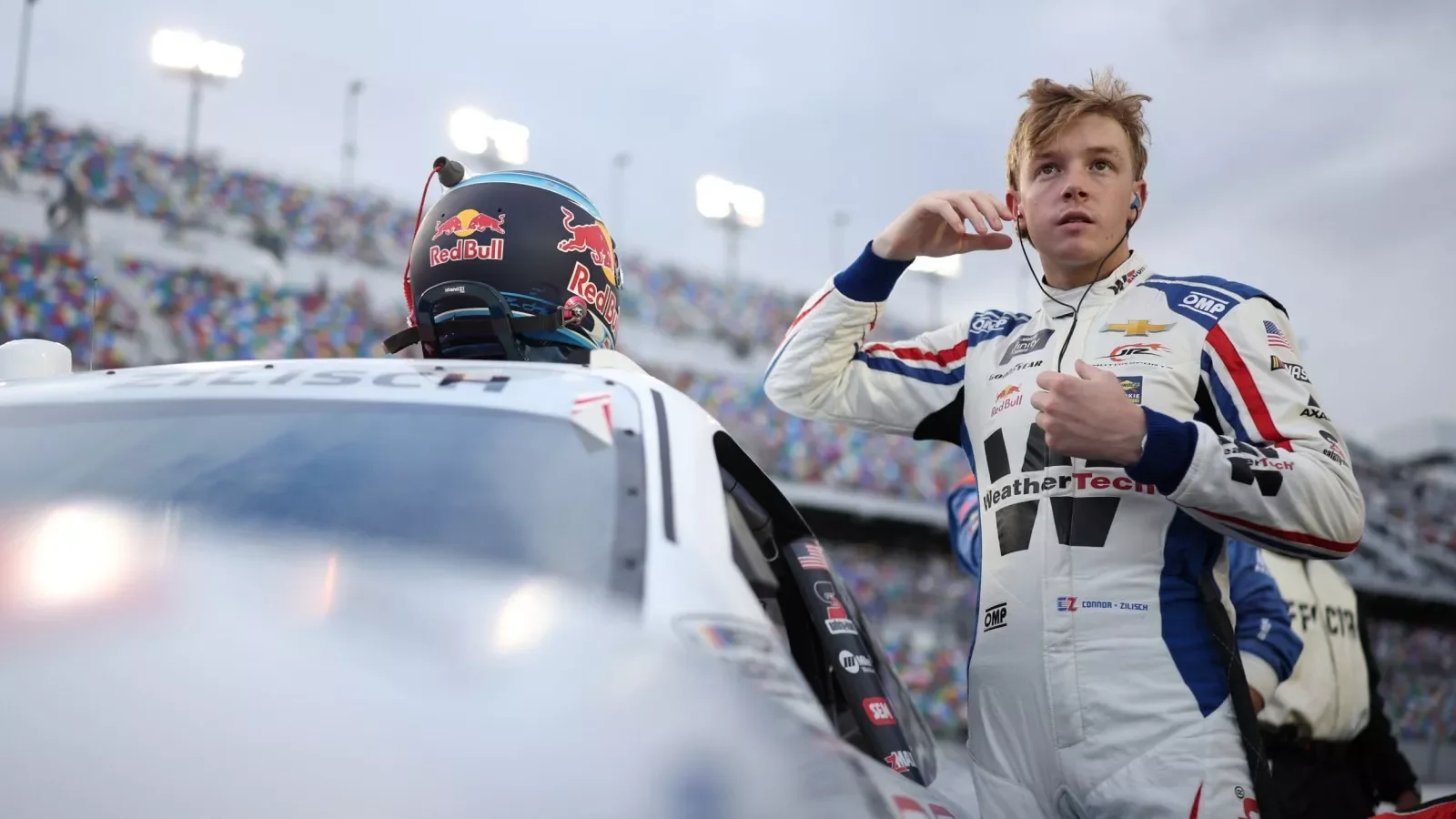Connor Zilisch, a 19-year-old Cup Series driver, recently explained how his formative racing years in Europe provided unexpected benefits during NASCAR’s event in Mexico City. His background racing in Italy not only exposed him to fierce competition, including drivers destined for F1, but also equipped him with language skills that proved valuable far from home, offering him unique insights during the busy NASCAR weekend and surprising experiences off the track.
Zilisch began his international racing journey as a teenager, making Italy his base while competing against some of Europe’s rising stars. The experience extended beyond learning track strategies; living abroad contributed to his adapting quickly to different cultures and communicating across language barriers, shaping his broader outlook as an athlete. It was not his driving technique, but the language proficiency gained overseas that unexpectedly played a role in Mexico City.
Language Skills Translate to the NASCAR Circuit
Upon returning to the United States, Zilisch found himself nearly fluent in Italian—a skill he didn’t expect to use outside of Europe. Although Italian is not Mexico’s primary language, Zilisch pointed out similarities between Italian and Spanish, noting the benefit during his time in Mexico City for a major NASCAR event. The shared roots of these languages made it easier for Zilisch to grasp conversations happening around him, adding a layer of comfort and insight to a hectic weekend.
“When I was over there, I could almost fluently understand Italian,”
—Connor Zilisch, Cup Series driver
He described how familiarity with the Romance languages enabled him to keep up in Spanish-speaking environments, much to the surprise of friends and colleagues. Dining with fellow NASCAR driver Jesse Love, Zilisch impressed with his ability to understand much of the rapid-fire Spanish spoken in restaurants. Though his fluency faded over time, Zilisch valued the broader life lessons gained through youthful travel.
“And people would speak to us in Spanish, and I could understand what they were saying a good bit. It’s gone away in the past few years. But I feel like that’s one thing that I picked up that is pretty cool is just being able to understand that kind of language and the things that you learn and pick up on when you’re traveling the world as a kid.” —Connor Zilisch, Cup Series driver
An Unexpected Culinary Surprise in Italy
Not all lessons from Europe were language-based. While in Italy, Zilisch’s lack of full fluency once led to an unusual meal. At a restaurant, he ordered a dish called ‘cavallo,’ unaware that it referred to horse meat, a local delicacy. Trusting the restaurant’s recommendation, he tried the dish without translating the menu item first. The experience, though unexpected, left a strong impression.
“And I actually enjoyed it, but I never ordered it again, because I … I see horses, and I don’t think of them as food. So that’s probably one of the things that I didn’t know what I was getting myself into. But I found out.” —Connor Zilisch, Cup Series driver
The episode highlights how cultural immersion can offer both memorable and challenging experiences, sometimes in the most surprising settings. Zilisch now laughs about his accidental taste-testing, reflecting on how quickly athletes must adapt to new circumstances both on and off the track.
The Broader Impact of Global Racing Experiences
Zilisch’s story underscores the unforeseen advantages that come from living and competing abroad at a young age. Gainful exposure to different languages and cultures serves professional athletes not only during high-stakes competitions but also when interacting off the track at global events. For Zilisch, those early years in Italy continue to influence his approach to NASCAR racing, while personal anecdotes like his surprise meal in Europe illustrate the nuances of cultural adaptation. As NASCAR becomes increasingly international, such skills may prove even more valuable for competitors in the years to come.
